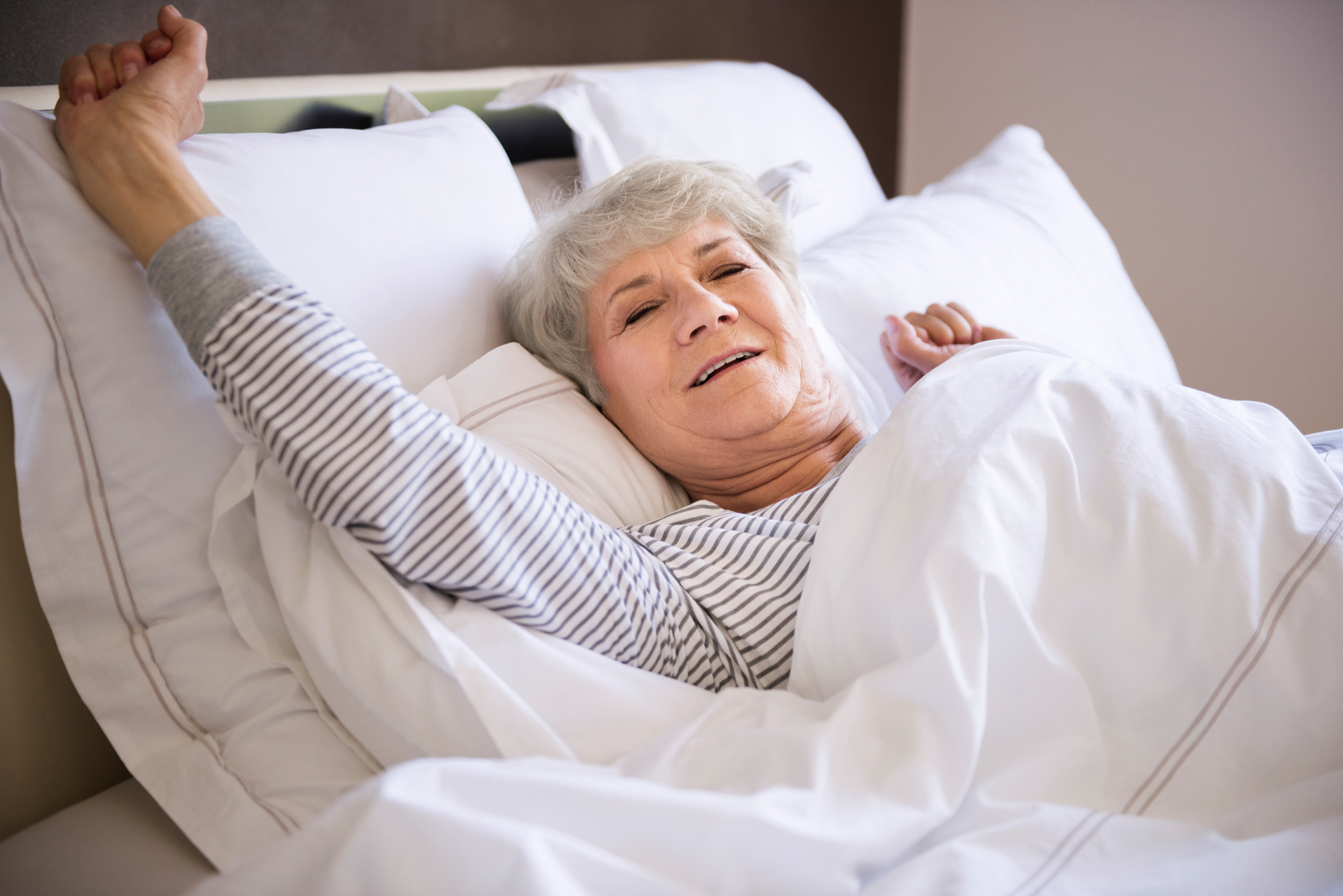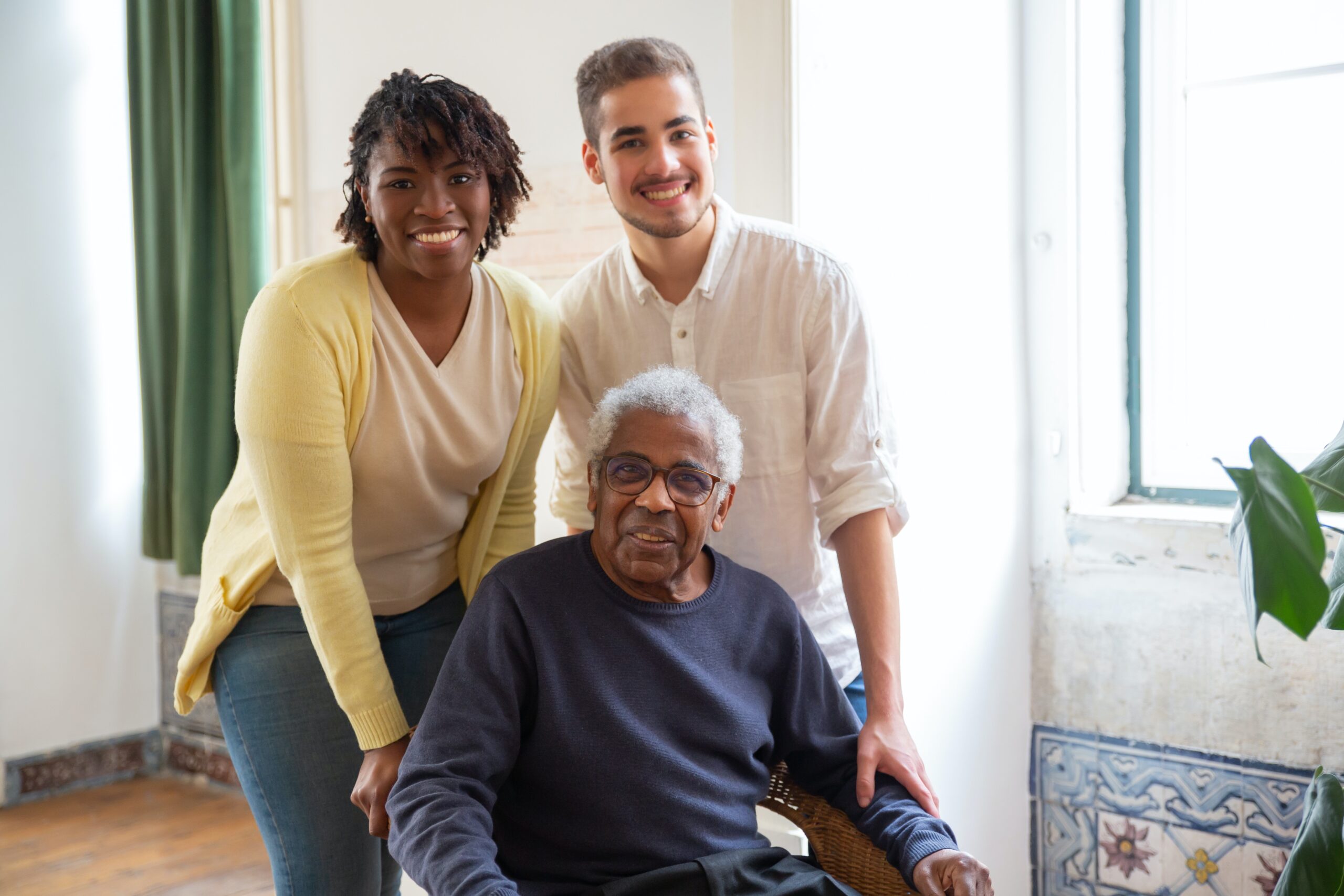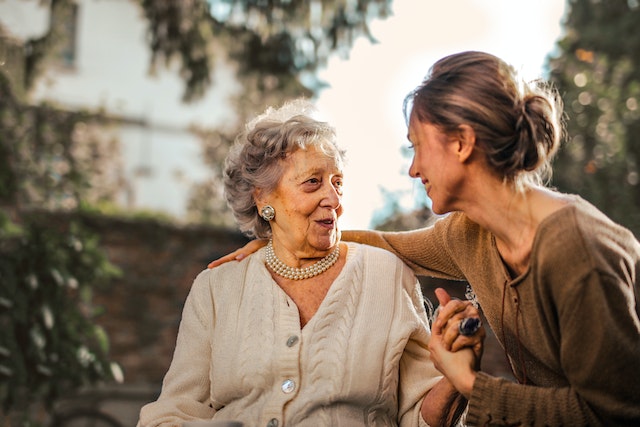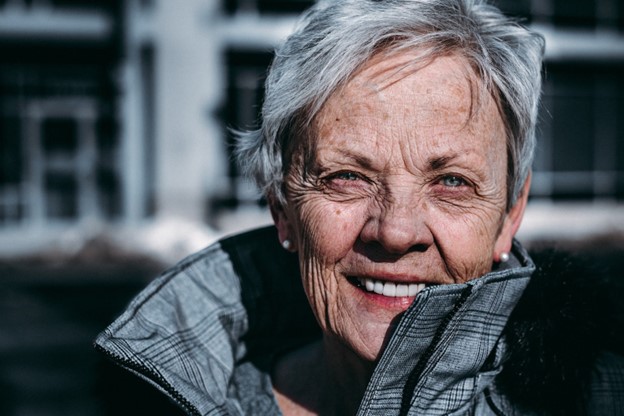Authored by: Katherine Clarke Photo courtesy of Pixabay
As people age, a range of issues can affect their mental health comes with getting older. These issues may include chronic illnesses or pain, declining physical abilities, and the loss of loved ones or social connections. It is essential to recognize that elderly mental health concerns and their effects can impact a person’s well-being as physical health concerns. It is important to prioritize mental health and provide support for elderly individuals who may be experiencing these concerns.
Research has shown that elderly individuals who experience mental health concerns are at a higher risk of experiencing cognitive decline, social isolation, and decreased quality of life. Additionally, cognitive impairment can lead to difficulties in daily activities and an increased risk of falls.
Supporting Mental Health in the Elderly Population
Mental health is a crucial aspect of overall well-being for people of all ages. However, mental health’s importance becomes even more pronounced as individuals’ age. Many elderly individuals face unique mental health concerns and challenges that significantly affect their quality of life. These include physical health conditions, social isolation or loneliness, depression and anxiety, cognitive decline or dementia, and medication side effects. These mental health concerns can profoundly affect the elderly, decreasing their independence and well-being.
One of the most concerning effects of mental health issues in the elderly population is a decreased quality of life. These issues can lead to feelings of hopelessness, helplessness, and despair, causing a significant decline in elderly individuals’ quality of life. Mental health concerns in the elderly can also lead to physical symptoms such as fatigue, loss of appetite, and sleep disturbances.
Social connection can play a vital role in addressing elderly mental health concerns. Loneliness and social isolation are common mental health concerns among the elderly population. Research by Detox Rehabs found that isolation is one of the reasons for substance misuse in the elderly. Maintaining an active social life by participating in community activities or joining senior centers can effectively address these concerns.
Physical health conditions can exacerbate mental health concerns in elderly individuals. For example, chronic pain conditions or disabilities can lead to depression and anxiety. It is crucial to address these physical health conditions to improve the overall mental well-being of elderly individuals. Moreover, cognitive decline and dementia can cause significant distress for elderly individuals.
If you suspect that an elderly friend or relative is experiencing mental health challenges, it’s important to encourage them to seek help. Encouraging them to talk to their primary care physician, seeking the assistance of a mental health professional or social worker, or connecting them with local support groups or resources can be helpful.
In conclusion, addressing elderly mental health concerns is crucial for promoting this population’s well-being and quality of life. Social connections, physical health management, and seeking help when needed are all important steps in addressing elderly mental health concerns.
What else can be done to address elderly mental health concerns?
Encouraging families and caregivers to communicate regularly with medical providers is essential for effectively addressing elderly mental health concerns. Family members and caregivers can provide valuable support to elderly individuals by being attentive to changes in behaviors, mood, or habits that may indicate mental health concerns.
Moreover, increasing awareness about the importance of mental health among the elderly population and reducing stigma could also lead to better support and treatment for those in need.
Incorporating mental health care as a routine part of primary health care among the elderly can also help address their mental health concerns. Additionally, providing screening and assessment tools specific to elderly mental health concerns can help in the early detection and intervention of these issues.
Finally, creating and promoting programs that encourage physical activity, socialization, and volunteering can also contribute to maintaining mental well-being among the elderly population. Addressing elderly mental health concerns requires a multi-faceted approach, including individual support, medical intervention, and public awareness.
Katherine Clarke is the community outreach specialist of Detox Rehabs, which provides online resources and references for people with substance abuse problems. We encourage discussion to fight the stigma.











